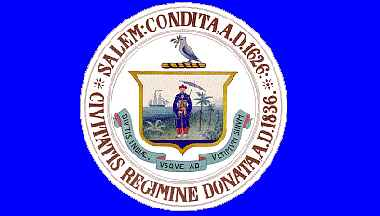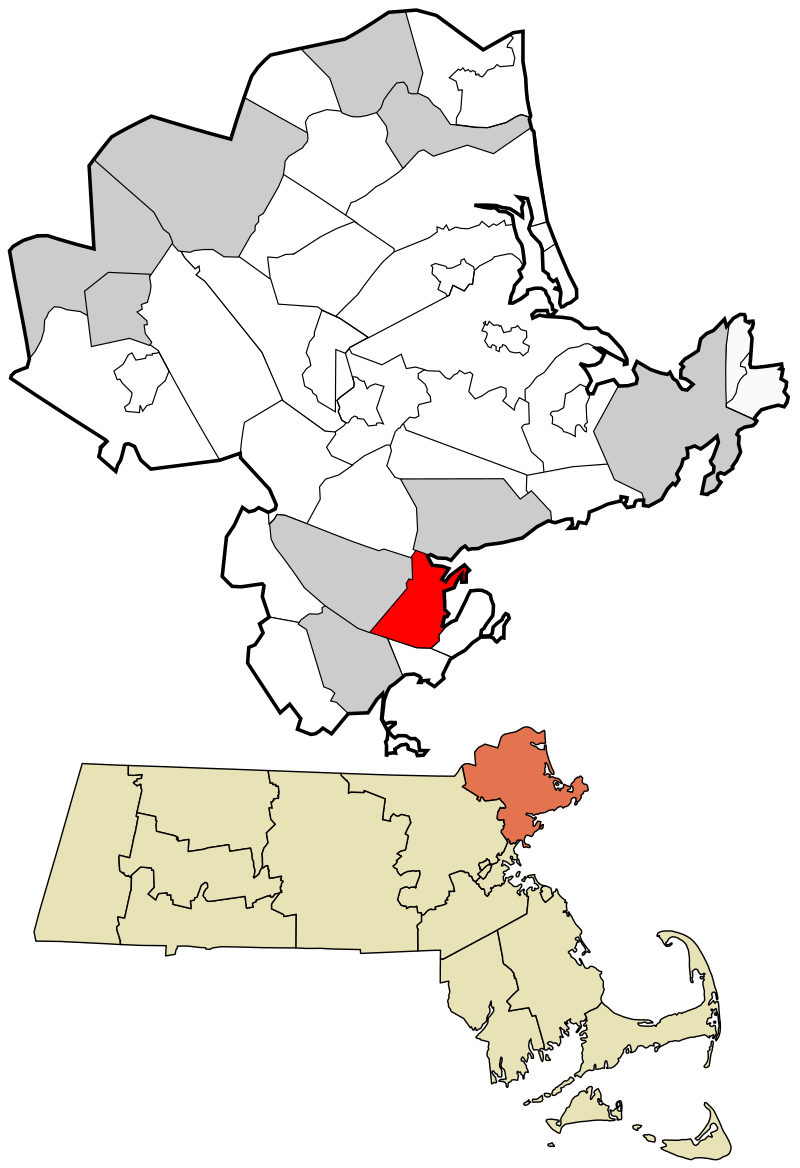In this episode of 80 Days: An Exploration Podcast, we’ll be talking about Salem, Massachusetts, which has a strong historical connection to the famous witch trials that took place there in the 1690s. Salem lies on Massachusetts Bay between Salem Harbor and Beverly Harbor, lying alongside the Danvers River, which feeds into the harbour. It’s around 20 miles or 35 kilometres north of Boston. The witch trials took place in a small settlement just outside Salem proper then known as Salem Village, but later renamed Danvers, and we’ll likely touch on both throughout. Salem today has a population of around 44,000, while Danvers is home to around 28,000. The area had long been occupied by the indigenous Native American tribe the Massachusett before the arrival of Puritan settlers from England in the 1630s. For obvious reasons, Salem today is one of the most popular destinations in the US to celebrate Halloween, attracting over half a million visitors each year.
This Hallowe’en episode is the debut episode of Season 6. After a longer-than-planned hiatus we are back producing a new season. You’ll notice a few changes in location of your co-hosts during this season.
Your hosts, as always, are Luke Kelly @thelukejkelly in Dublin, Ireland, Mark Boyle @markboyle86 in the UK, and Joe Byrne @anbeirneach in Galway, Ireland. Our theme music and other stings come from Thomas O’Boyle @thatthomasfella. With additional music from Ivan Duch, and Boston.


Some further reading material is provided below:
- “The People Here” – Interrogating Indigenous Dispossession of the Land Occupied by Salem State University – interactive timeline and more
- A great range of Digital Books are available on the website of the Salem Historical Society
- “What Did Champlain See in the Cape of Islands” – Cape Ann History
- Chronicles of Danvers , Whaling and Old Salem: a chronicle of the sea,
- Description of the Salem Flag and Danvers Flag
- Some further videos and podcasts about the Witch Trials is as follows: TED talk; History of Witchcraft Podcast; Stuff You Should Know; American History Tellers Series; Our Fake History.
- Letter in the Salem News about recognising Benedict Arnold as a hero
- History By the Sea blog has articles on Salem Common and the War of 1812 among other topics, while streetsofsalem also talks about the War of 1812
- History of Salem-based ship the Friendship
- ThoughtCo: The Full Story of Jefferson’s Embargo Act
- Fosters Daily Democrat: report on Danvers explosion; and clip of WBZ news report
- Salem’s Top Employers and demographics
- Recent Witchcraft Victims Memorial

Map of Salem with an over-representation of spookily named businesses
Thanks to all our patrons who support the show. We really appreciate your continued backing of us. If you want to join them, more information is available at www.patreon.com/80dayspodcast


